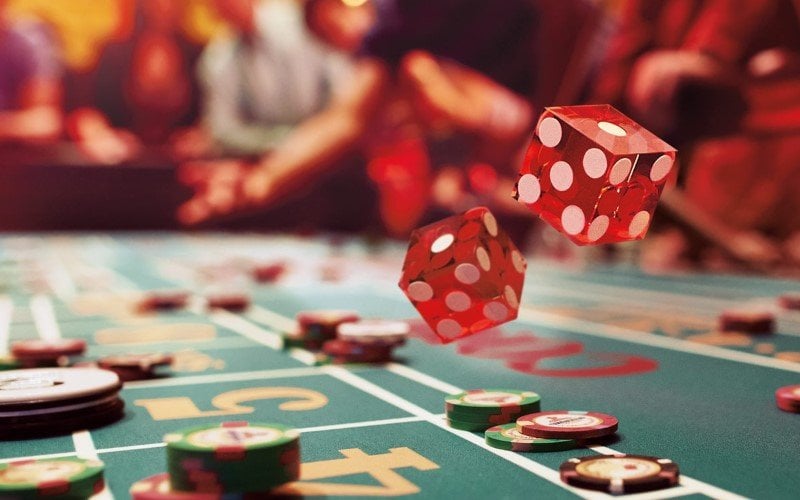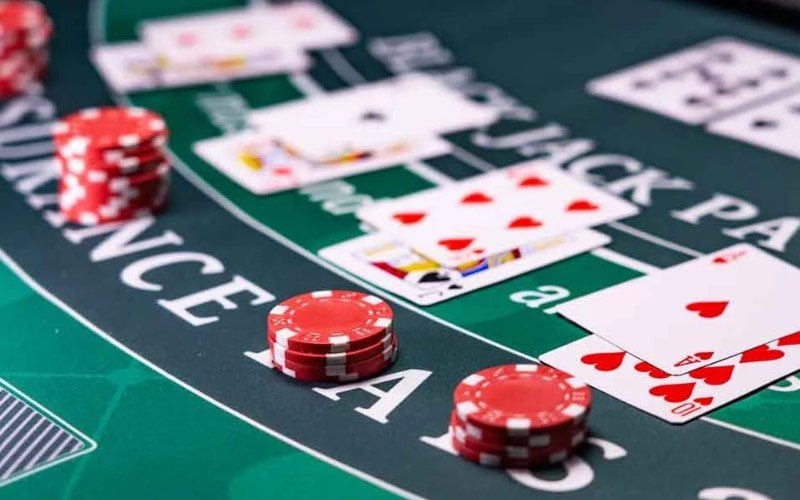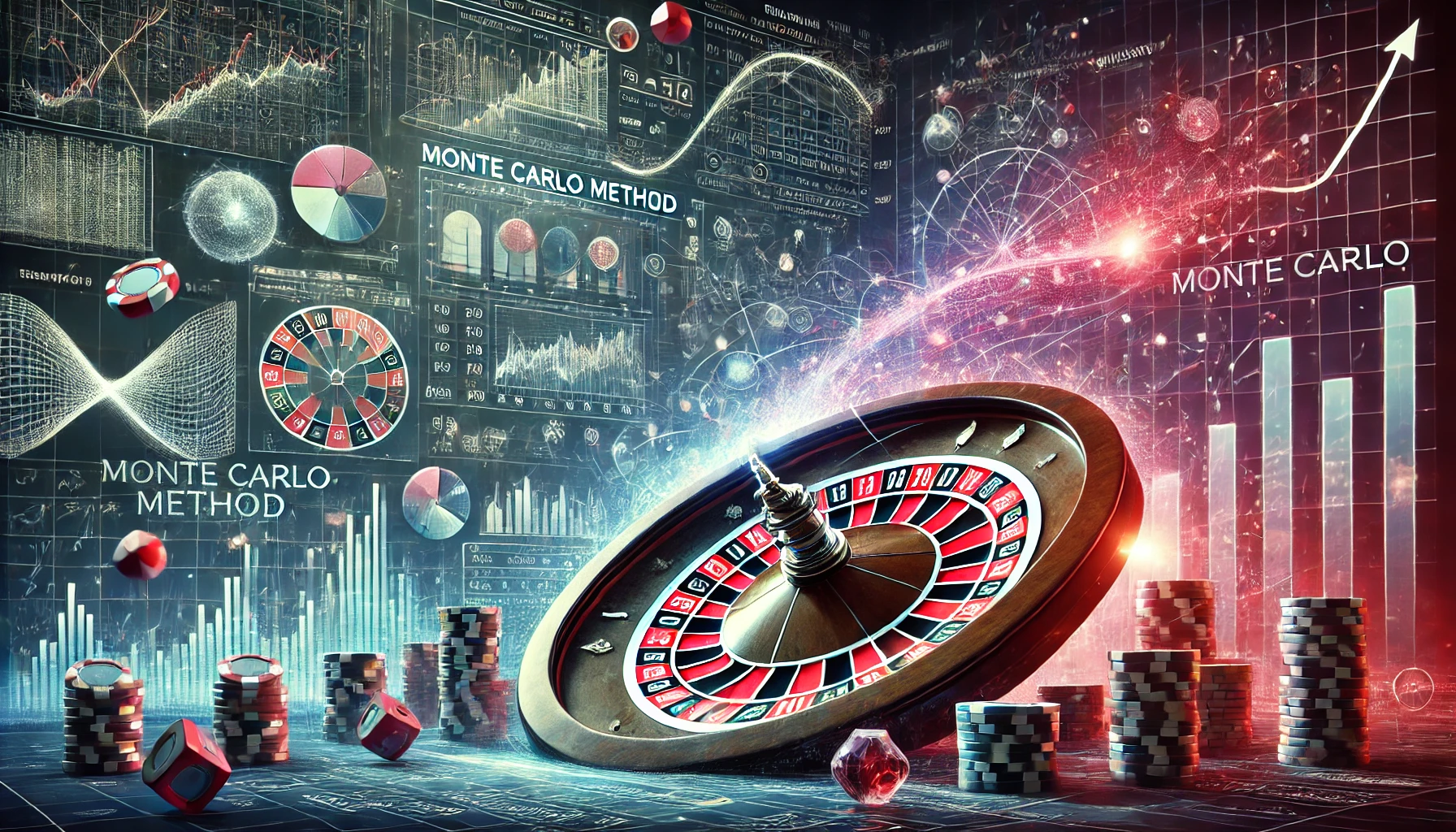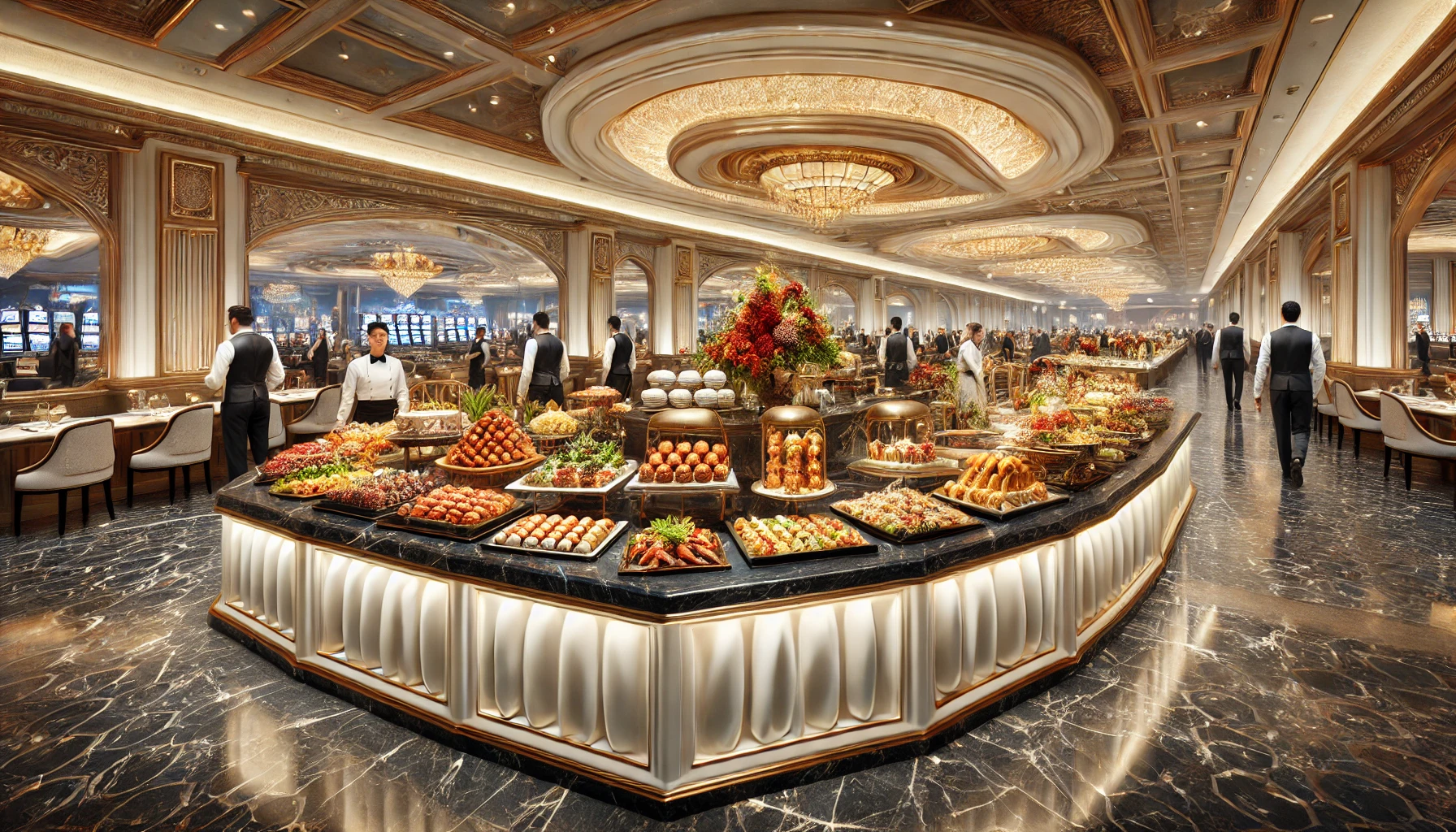You will find that all casino games and sports bets are designed to have a house edge. The casino and sportsbook operators have to make their cut, so that their businesses can thrive. Just like any other type of business would have to ensure that its products make profit, so they can continue to bring you those products.
On this page, we will look at how they create house edge and how you can spot it quickly. At the end of the day, the house edge is not much more than a few cents to every $10 that you game or bet with. But therein lies the profit for the casino. It doesn't seem like much, but it can make a huge difference in the long run – determining whether your gameplay brings a profit or comes out at a loss.
Importance of House Edge in Casinos and Sportsbooks
Licensed online casinos and established brick and mortar casinos must live up to a high standard of game integrity. They are not allowed to rig any of their games, and their games must be fair to play. Therefore, to guarantee that they will make a profit in the long run, an edge is needed.
Signing up for an online casino is completely free. What's more, casinos do not charge you for making deposits or withdrawals (only in some very select cases), and they don't take a commission on your staked bets. So therefore, technically they are not charging you anything for playing the games. Something in the games needs to be changed to give the casino something to profit from.
This is not done via rigging or purposely cheating players. Instead, casinos alter the odds of each bet. This often involves skimming off a few cents from each bet, but it creates a definite house edge.
Example of How House Edge Works
We will need to crunch some numbers to see how it works. Let's take the simplest gamble out there – a coin flip. The chances of the coin landing on either side are 50:50, so going on that theory, if you bet $10 on heads and win, you should get double your money, right?
Wrong, the casino will not offer even money for a coin flip. Instead, it will offer shorter odds, most likely 10/11 or 1.91 (American odds of -110). If you place $10 on heads, you will win $19.10.
The probability of landing heads is 50%, so in theory, you should make double your money. If you bet on heads 10 times in a row and win only 5 times, you should be back to where you started with 0 profit. But using the slightly shorter odds, the house has built an edge for itself. Now, you need to win 52.4% of the time to break even. If you only win 5 out of 10 coin flips, you will be at a loss of $4.50.

Poker House Edge
In peer to peer poker, you are playing against your friends and the casino is only there to regulate the games. But it will usually charge a rake on each pot. This is a percentage of the pot that the casino will charge for each round. It usually has a maximum cap, depending on the buy in, and size of the blinds. This is the simplest form of house edge in casino games, and it is more akin to a commission rather than changing the odds based on the probability.
Roulette House Edge
Starting with roulette, you have a list of different types of bets and odds for each one. But behind every single on of those bets, there is a small house edge. The edge depends on which type of roulette game you play, with French and European Roulette offering lower house edge than American Roulette. In the examples below, we see how the odds affect the probability.
A straight up bet on any single number has a 1 in 37 chance of winning. The real odds of winning are 1 to 36, with a probability 2.7%, but the house offers odds of 1 to 35, with an implied probability of 2.78%. The shorter the odds are, the higher the implied probability is, as it is basically ensuring “this bet has a better chance of winning”. But we know that is not the case here – it is actually used to check out the house edge.
If you play 36 rounds and hit the target just once – which is theoretically sound – you will be at a loss of $1. You staked $1 x 36, but only won $35 on that winning bet (stake included).
It works the same with other wagers.
- Straight Up on paytable – 35:1 (2.78% IP)
- Straight Up without edge – 36:1 (2.7% RP)
- Splits on paytable – 17:1 (5.56% IP)
- Splits without edge – 17.5:1 (5.41% RP)
- Columns/Dozens on paytable – 2:1 (33.3% IP)
- Columns/Dozens without edge – 2.08:1 (32.4%)
- Even money bets on paytable – 1:1 (50% IP)
- Even money bets without edge – 1.05:1 (48.65% RP)
Blackjack House Edge
The house edge on blackjack is usually around 2%, but ranges from 0.5% up to around 4%. Blackjack house edge is multifaceted and far more complex than roulette. It depends on the following conditions:
- Number of Decks
- Possibility to Play Multiple Hands
- The Hitting on 17 Rule
- Double Down/Split/Surrender Offered or Not
- Side Bets (Super 7s, 21+3, Perfect Pair, etc)
And that is not factoring in whether you are using a blackjack strategy or not. Before going into them, we will explain some of the above. Basically, having more decks increases the house edge. A game that uses 8 decks can have +0.25% than playing a single deck game.
Playing multiple hands can decrease the house edge, depending on whether you are using a strategy or not. Then, if the game includes options to surrender, double down and split (across 1 hand or multiple), it helps boost your edge because you have more options to play with. But they are not the same as side bets.

Side bets in blackjack are there to increase the house edge. They are similar to the bets in roulette, in which you are given odds that are slightly shorter than the actual odds of winning the side bet. We are not going to say avoid them completely, as some gamers enjoy placing these side bets and can strike big wins for little money. But simply regarding edge, they lean towards the house more than the player.
The soft 17 rule is something that can increase the house edge. It basically means dealers have to hit on a soft 17 (Ace + 6 for example). This increases the house edge by +0.2%, whereas games where dealers must stand on 17 are better for players.
Blackjack Strategies
We have lots of posts detailing how to use blackjack strategies. Counting cards is a popular tactic that requires a little practise, but can be extremely profitable in the long run. Another is using a basic blackjack strategy – in which you rely on a table to respond to what cards are drawn. This is easier than counting cards, as you just need to memorize when to hit, stand, and double down. There are plenty of tables and charts that can be applied to different games, but make sure you have the right one. For example, don't bring a H17 basic blackjack strategy (hit on 17) to a S17 game (stand on 17).
Other Table Games House Edge
Baccarat, craps, casino poker (player vs dealer) and other casino games similarly have a little house edge to ensure a profit. The edge can vary on the bet itself, such as in Baccarat a banker bet can be around 1.06% whereas the player bet may be 1.24%. Or in craps, the pass line is one of the best options with a lower edge of around 1.41%.
But there are various strategies that you can use to decrease those edges. These can be complicated, such as the blackjack or baccarat strategies. Generally though, good bankroll management is essential to uphold game tactics and ensure you don't end up losing too much using any strategy.

House Edge vs RTP in Slots
Slots are not the same as any card-based, wheel or other typical casino games. They rely on algorithms and calculations to generate the outcome of each spin. House edge is not really apparent, but a lot of players read the RTP as a way to discern how much a slot pays out.
These are not really the same thing, as Return to Player is a payout percentage based on laboratory conditions. These numbers are the result of rigorous testing by third party auditors, to ensure the games are fair to play. But they are theoretical numbers, and not an accurate representation of what will really happen.
RTP can range from 90% up to around 97%, but some games have an even higher RTP rate. If a game has an RTP of 96%, then technically the house edge is around 4%. But again, these values are counted from testing the platform across countless spins and results.
Sports Betting House Edge
The house edge is a bit different in sports betting, because the outcome is not determined by the casino or sportsbook. The result of a game is determined by what happens on the field, and a number of variables can come into play to mix things up. Sportsbooks offer bets that have juice, a small cut taken out of the potential profits, to ensure they remain profitable.
Juice is the same as house edge in roulette. So if you hedge bets on a game and bet on both teams to win, you will not come out with a profit. The odds are purposely slightly shorter. At most sportsbooks, juice should be around 5%, but some may have a lot higher juice, near the 10% range.
Juice, also called vig, really depends on what you are betting on. Niche sports and events with less betting potential usually have higher juice. The more popular sports to bet on will usually have lower juice, because the competition will be extremely high.
Another thing sportsbooks do is shade their lines to make a profit on the most highly demanded wagers. This means that instead of dividing 5% juice evenly across two moneyline bets (2.5% on team A and 2.5% on team B), they will look for the more popular of the two. Let's say that most bettors want to bet on the NY Yankees to beat the Miami Marlins. A lot more bets will be placed on the Yankees, and so the oddsmakers will tip a little more juice onto those bets. Generally, be wary of betting on favorites, or Overs in totals markets, as oddsmakers will usually target them with their juice.
How to Decrease House Edge
We talked a bit about strategy, which can encompass anything from flatbetting baccarat to a more precise Craps betting system. You can even find roulette stratgies. There are strategies that directly affect the house edge, such as the basic blackjack strategy. By using the mathematically proven best responses, you are giving yourself a better chance of making money.
There are also strategies that do not directly relate to a game, but can be used in any of your gaming or betting endeavors. Bankroll management is a crucial way to keep track of how much you bet and ensure you don't end up with an empty balance. But you can go a step further. Allocate portions of your budgets to different games, and strategize how much you want to stake for each round. You can even use progressive betting systems such as Fibonacci or Martingale to try to win.
Don't follow emotional responses such as chasing losses, the sunk cost fallacy, or playing only for a big sensational win. Calculate how much you want to play with, and make small milestones to incentivize your gaming. Another way to keep on track is to set reality checks and ensure you don't burn the midnight oil, playing until you are too tired to function. Keep your gaming fresh, focused, and of course, fun.
Conclusion on House Edge
There is no way to avoid house edge, it is simply the price that you have to pay with casino games. The edge at online casinos is a lot lower than the brick and mortar establishments. They don't have the same maintenance fees, staff, or overhead bills that a physical venue has to pay. The money they save there, they can use to give you better odds and higher RTP.
Using strategies to decrease the edge will give you a better likelihood of winning. But it is no guarantee. At the end of the day, you are still gambling your money. Winning is possible, as is losing, so play responsibly, have fun, and try different games and tactics to improve your chances.

 1 month ago
104
1 month ago
104







![Anime Reborn Units Tier List [RELEASE] (November 2024)](https://www.destructoid.com/wp-content/uploads/2024/11/anime-reborn-units-tier-list.jpg)
